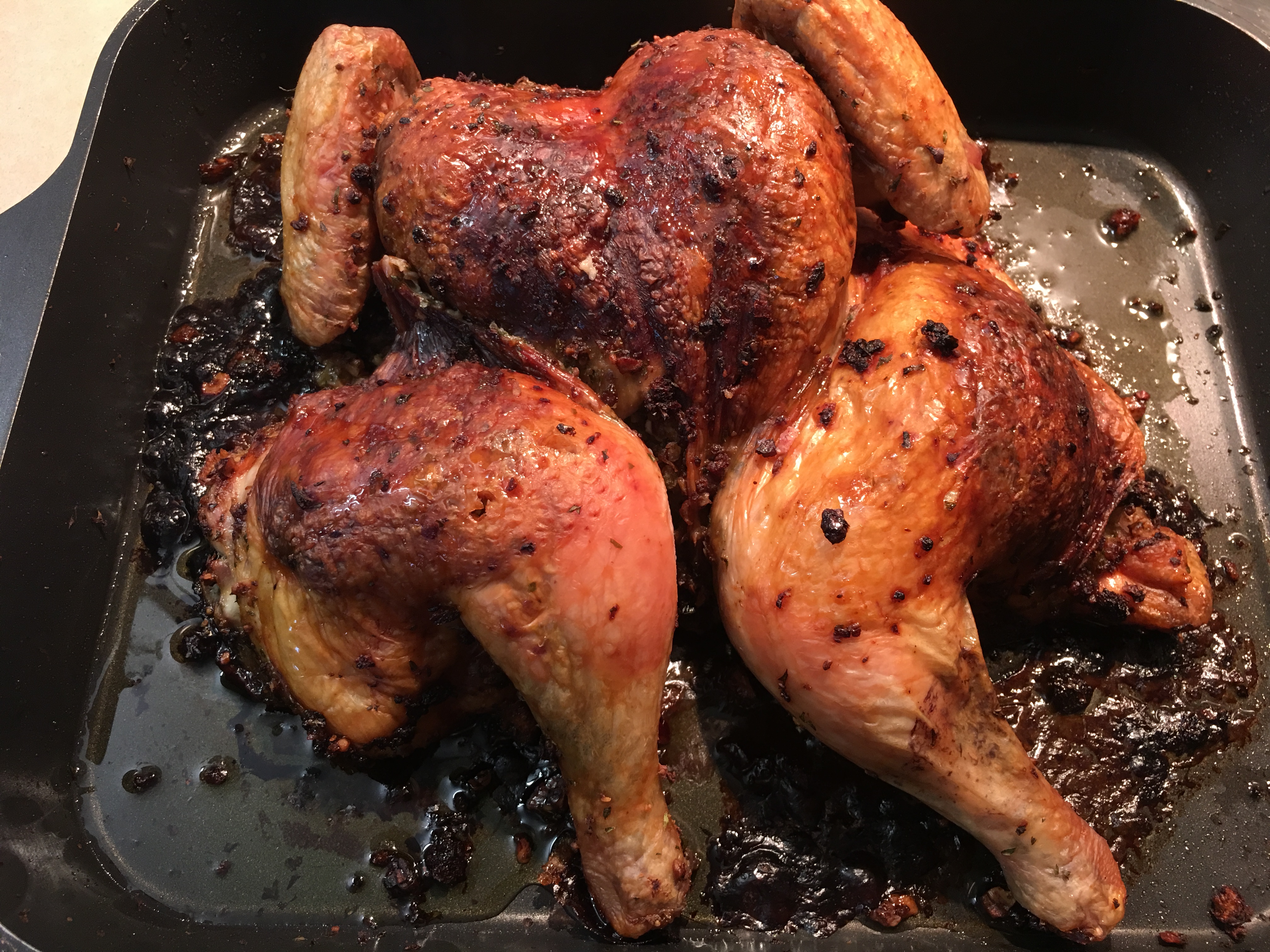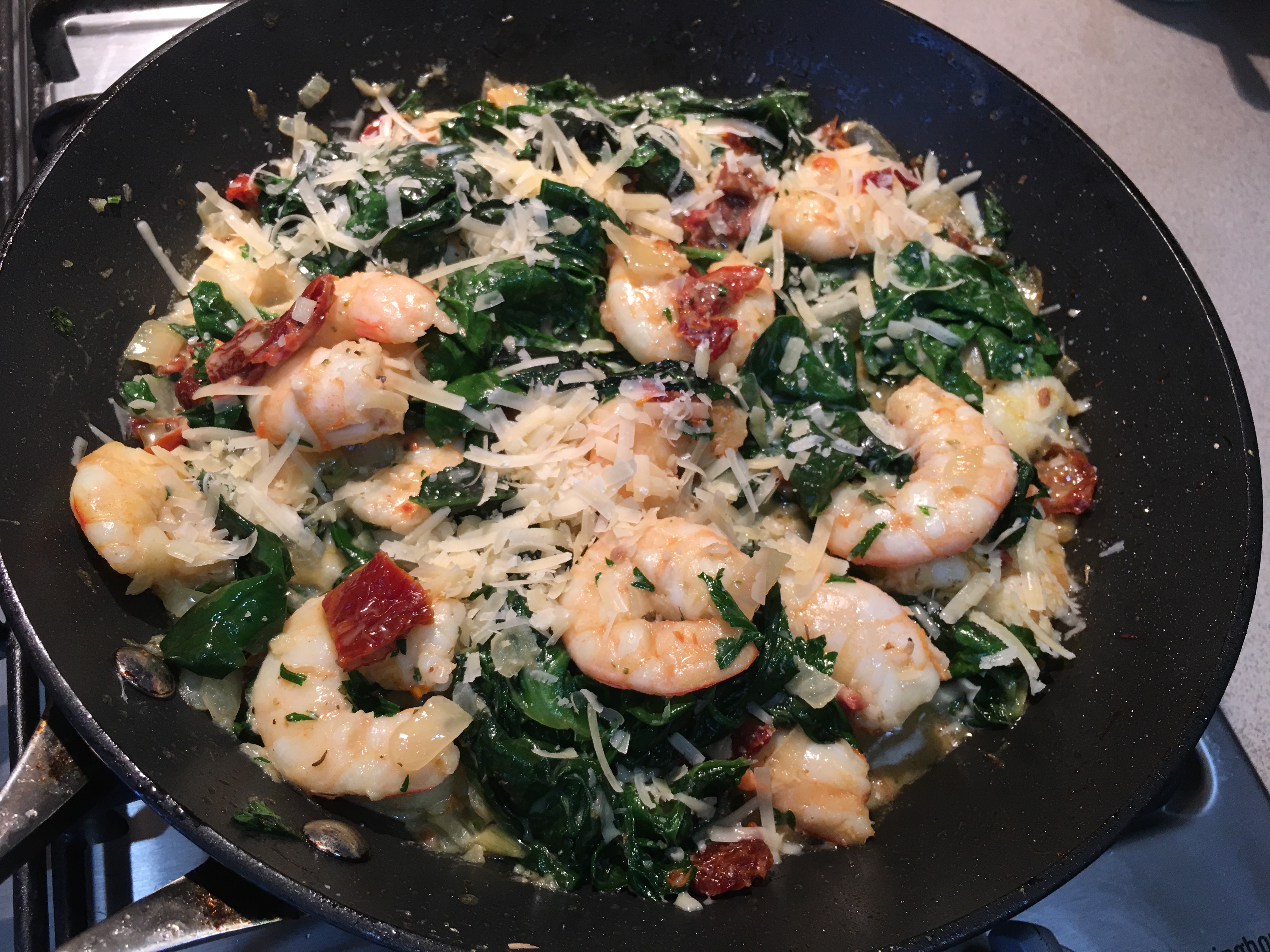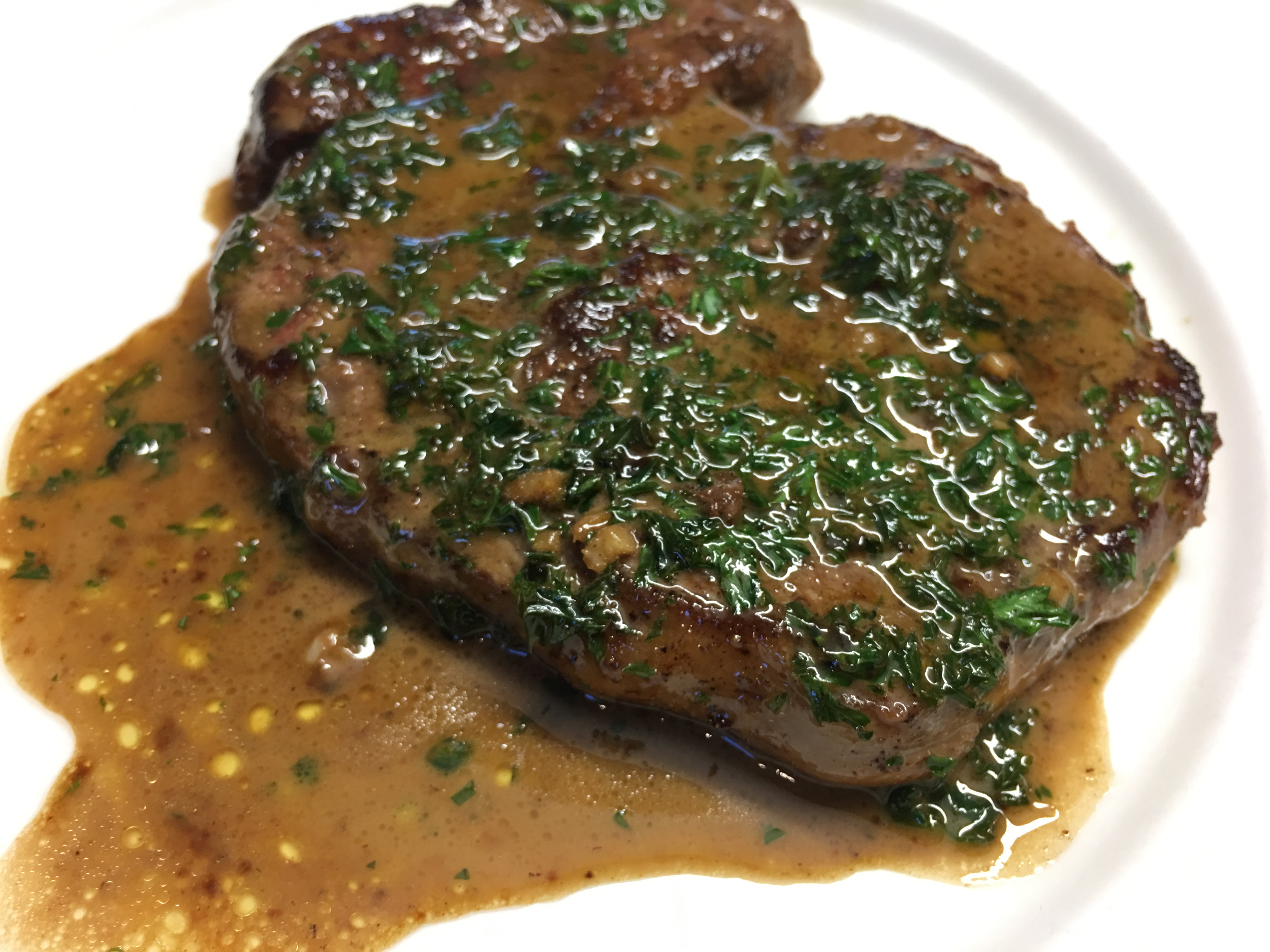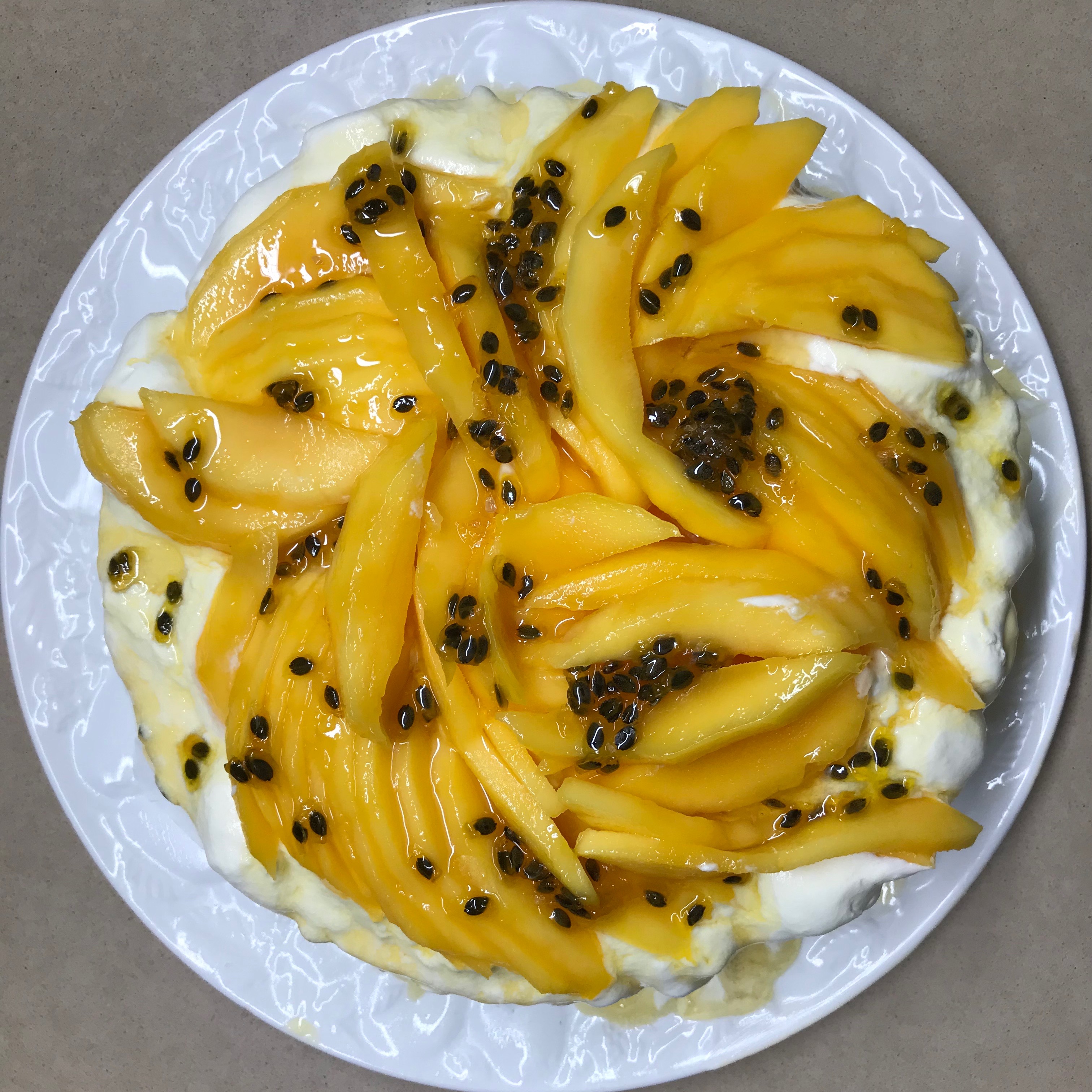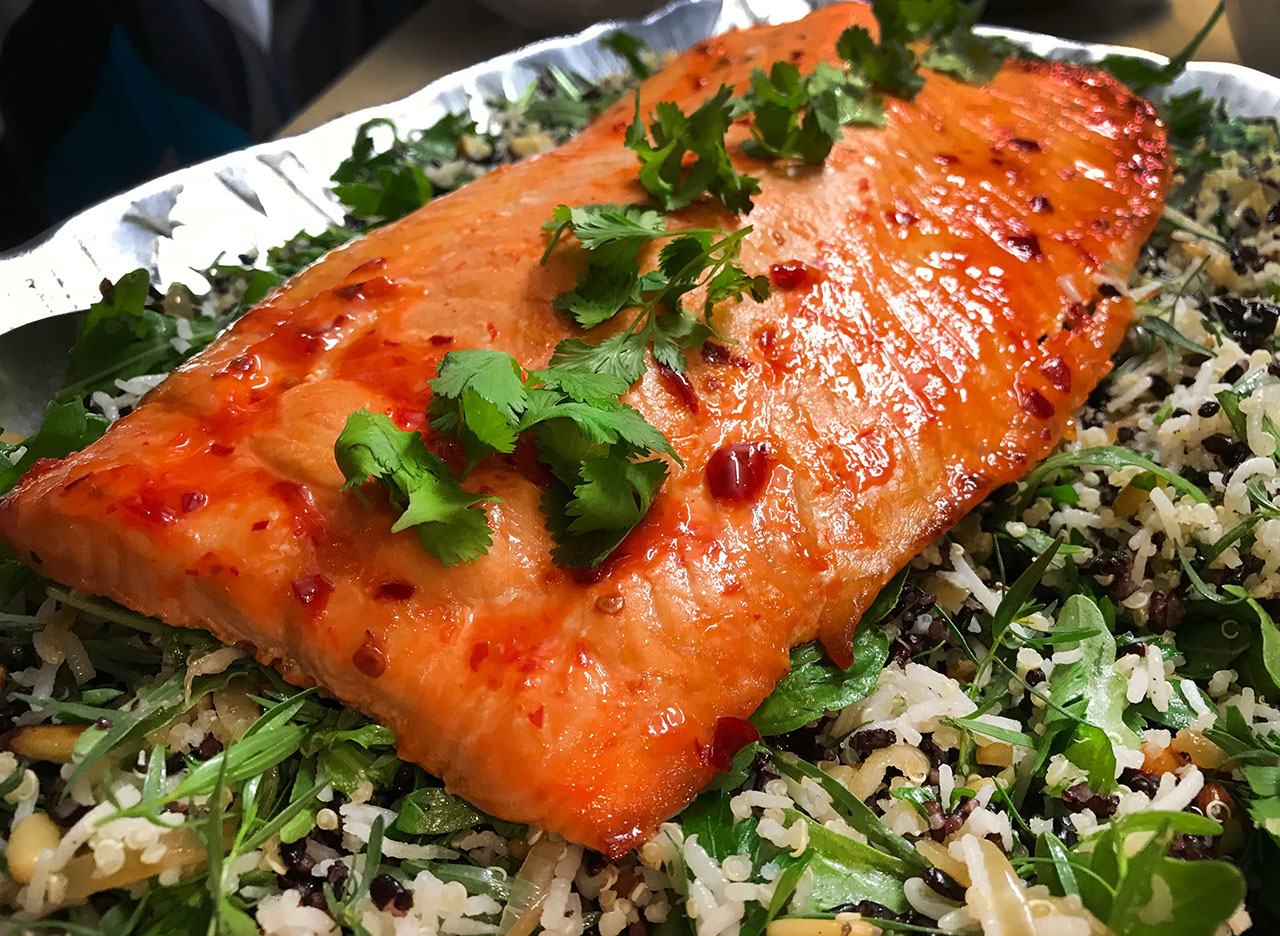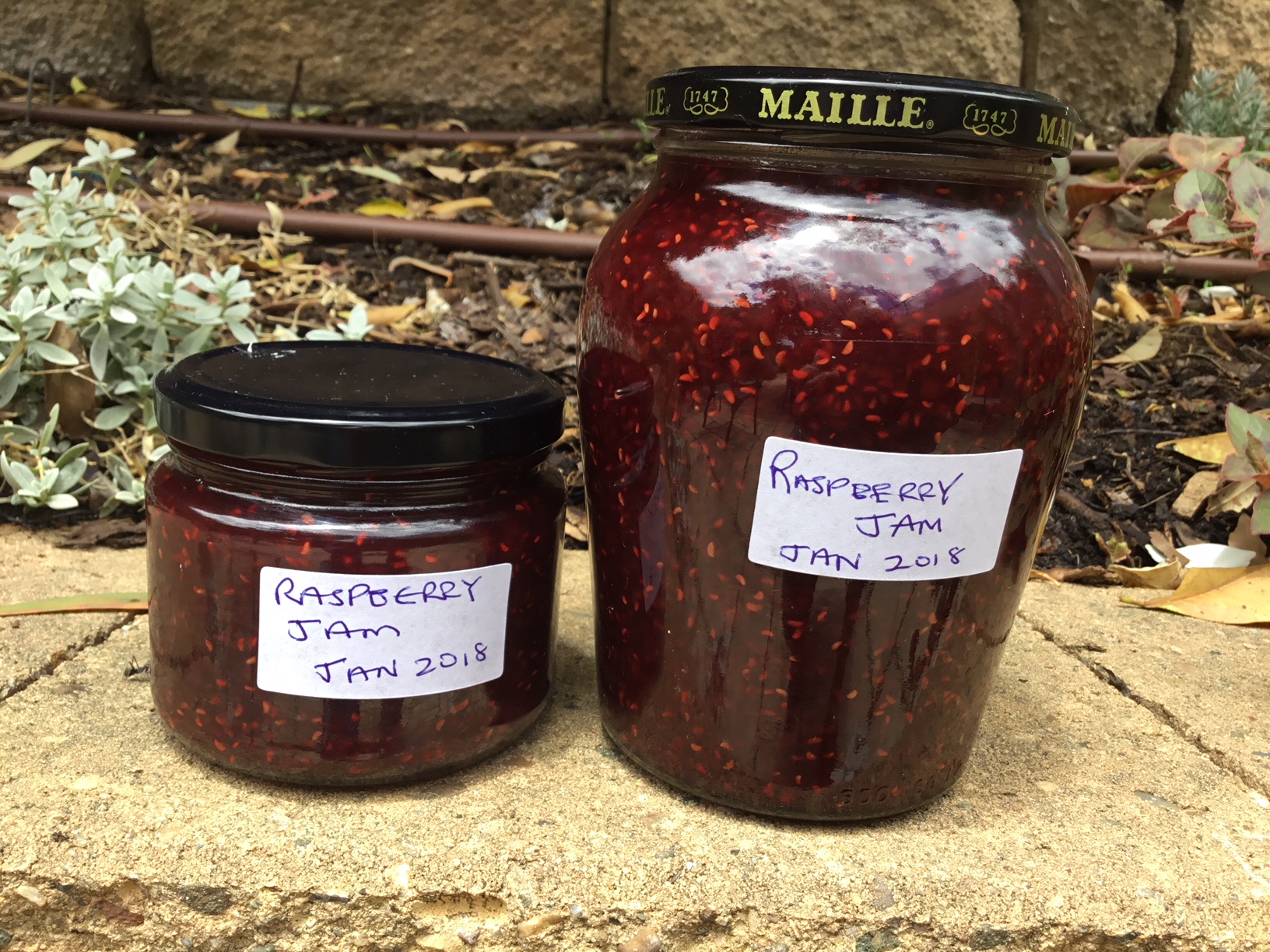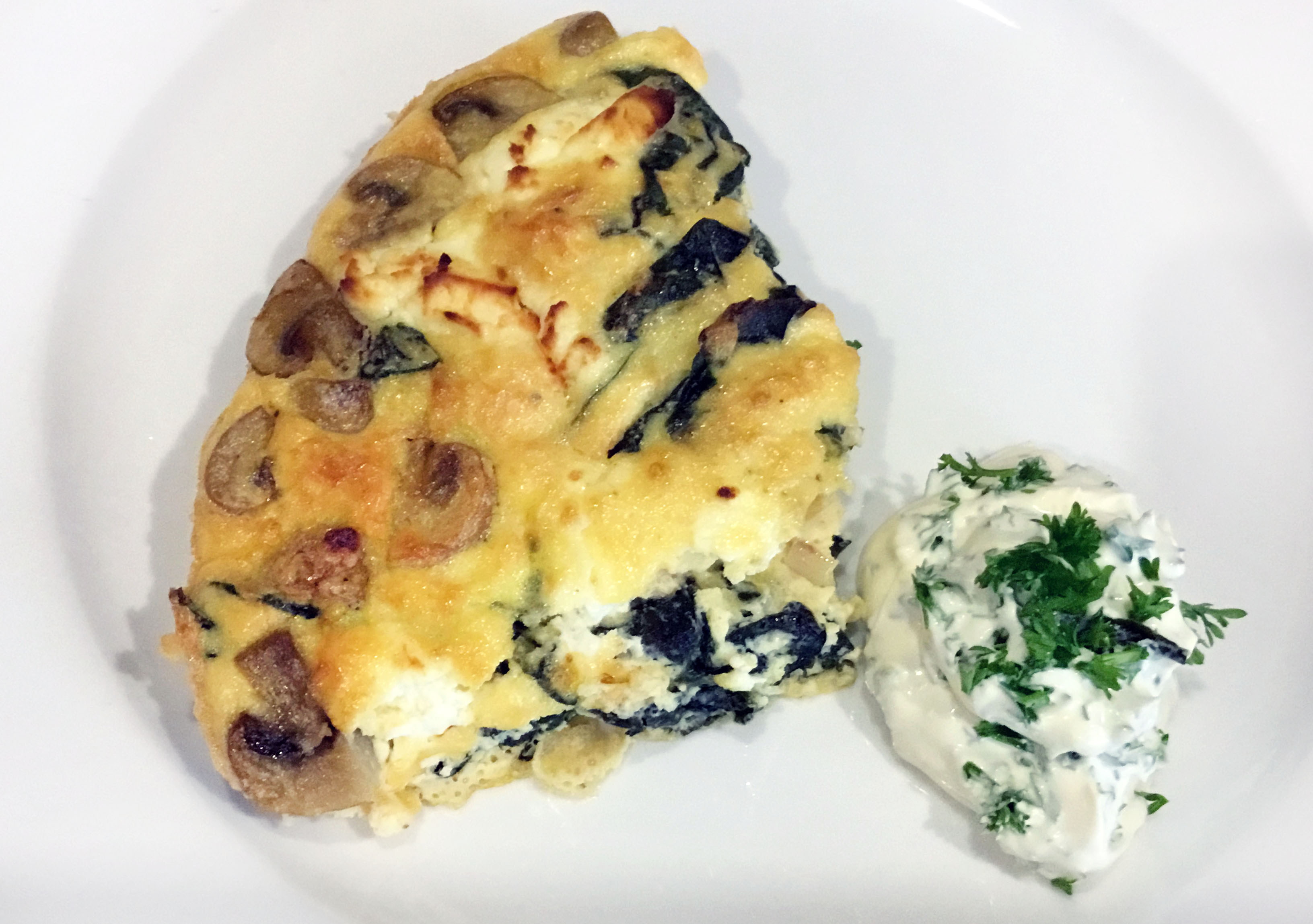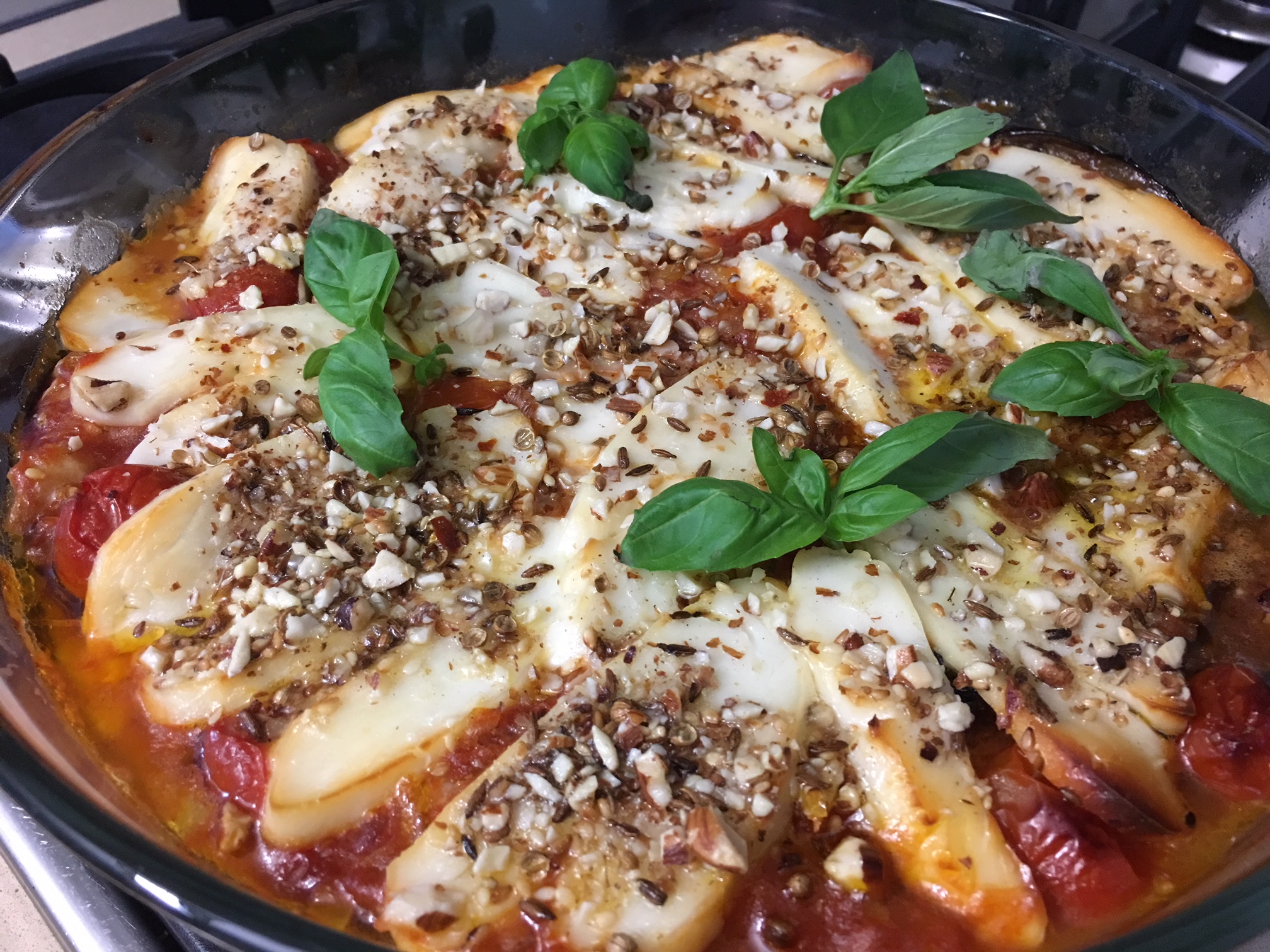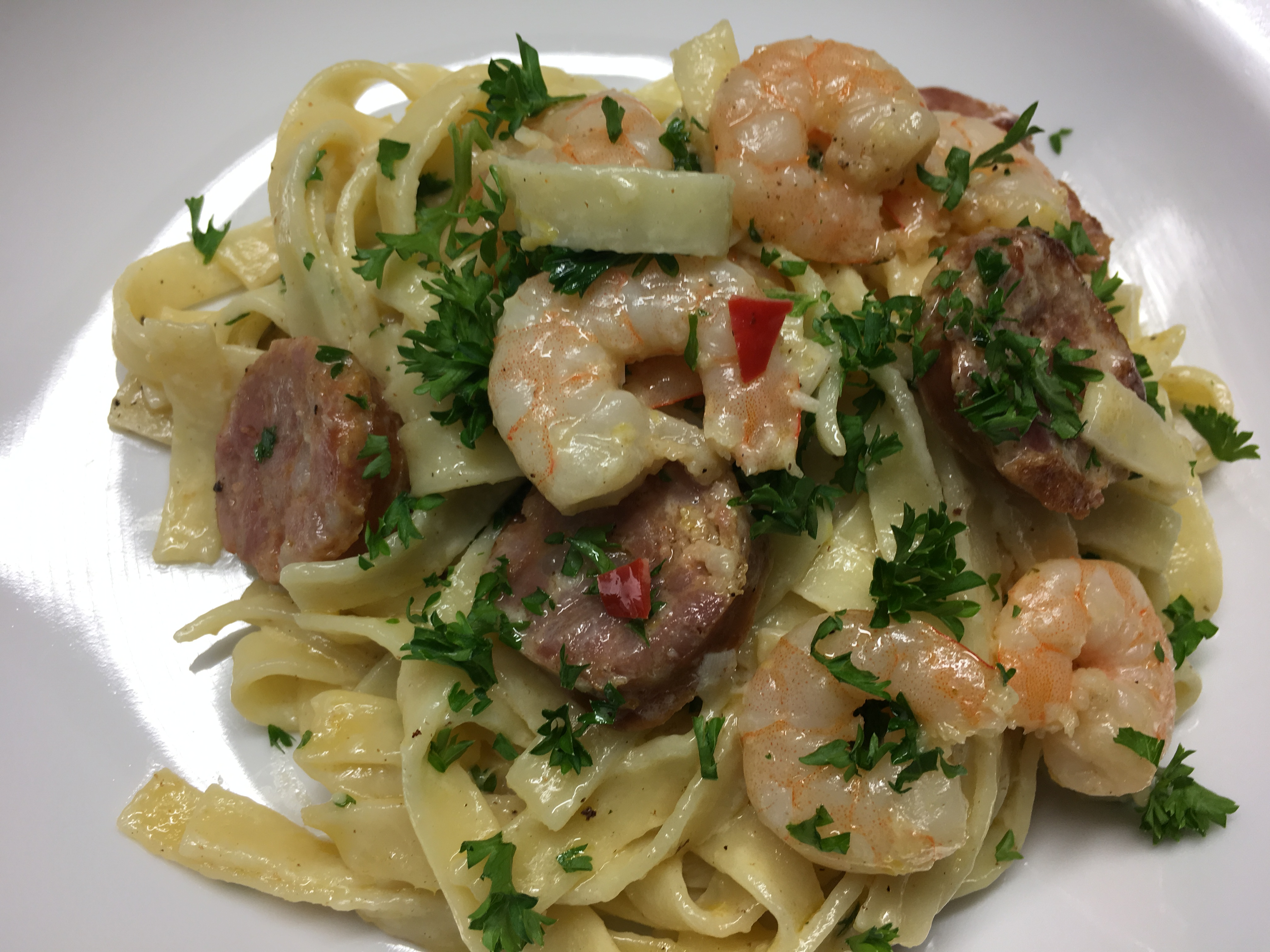A friend I’ve known for ages who is a very good cook told me the other day that she can’t make pastry, so I’ve offered to invite her round one day for a quick demo. Pastry was one of the first things I learnt from my paternal grandmother, when I was about 11, although being Scottish she didn’t teach me to make a quiche.
Quiches can be made with a variety of fillings, but the best known is Quiche Lorraine, made with bacon, eggs and cream. It’s definitely the most popular in our house, closely followed by Onion Quiche. Quiche Lorraine originates in Alsace-Lorraine. My French friend Sigrid, who comes from that region of France, says that a true Quiche Lorraine doesn’t have any cheese in it, but I always add a bit.
Quiches can be frozen at any stage of the preparation. You can freeze the uncooked pastry, the uncooked quiche shell or the partly cooked quiche shell, with or without the uncooked filling poured in. While you can freeze a fully cooked quiche, I prefer to freeze them at the point where the filling has just been poured into the partly-baked pastry case. Place the quiche in the freezer until it has frozen completely. Then wrap it in a plastic bag to stop the filling from sticking to the bag which would happen if you wrapped it before it had frozen.
When needed, put the quiche straight from the freezer into the oven and allow about 25% longer cooking time. Use a dish which can go straight from the freezer to the oven – most dishes are fine and you can of course make quiches in metal pans rather than ceramic.
Alternatively you can make lots of mini quiches for drinks parties, lunch boxes or picnics. Follow this recipe for Mini Leek Quiches and if preferred use a different filling such as the Lorraine or Onion fillings below. With mini quiches it’s not necessary to bake the pastry cases blind before filling them and rather than putting the grated cheese on top, which is a bit fiddly, mix it into the rest of the filling.
If you make two batches of the shortcrust pastry recipe below and divide it into 3 equal balls it will be just enough to make three large quiches. I usually do that and use one ball and freeze two for another time, wrapped in plastic wrap. If you only make one batch of pastry you will have enough for one large quiche with some leftover. Use this to make some little tart cases. Cook them completely while empty, then fill with Lemon Curd or Raspberry Jam.
The following three recipes each fill a quiche dish 25cm in diameter and 3.5 cm deep. Serve warm or at room temperature, not piping hot. The first photo shows mini Onion Quiches ready to go into the oven, the second is a Quiche Lorraine and the third is a Cauliflower Cheese and Bacon Quiche.
With large quiches baking the pastry case blind – before you add the filling – is the secret to avoiding a soggy bottom!
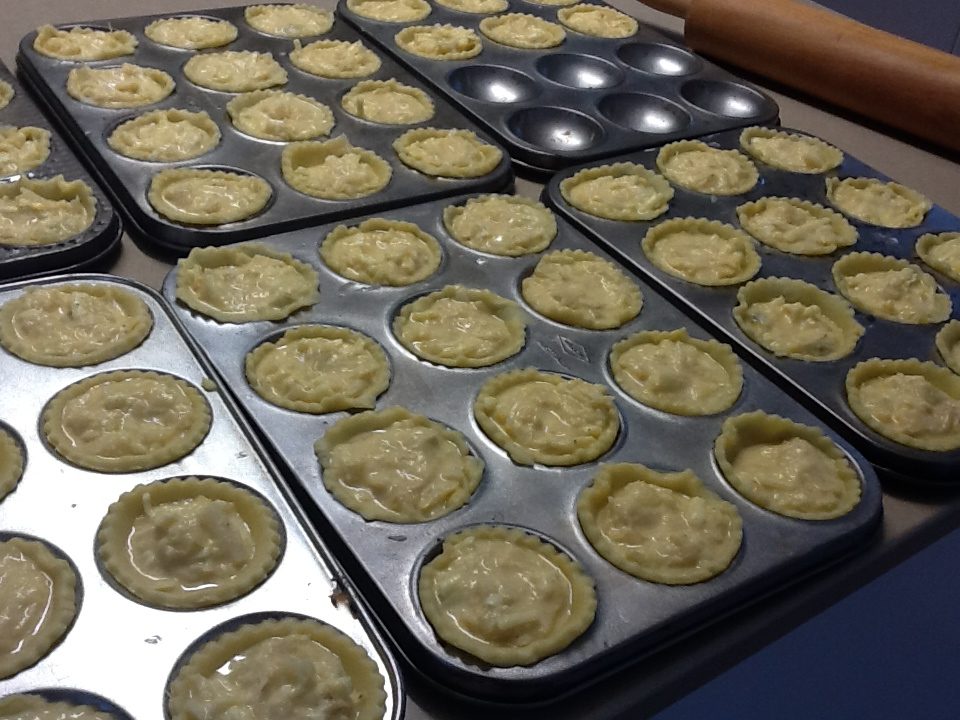
Quiche Lorraine
1 batch of shortcrust pastry
4 eggs
1½ cups cream
½ cup milk
Salt and freshly ground black pepper to taste
200g lardons (chunky bits of bacon cut from smoked speck)
60g grated cheese, traditionally Gruyere or Emmental but Cheddar will do
Preheat oven to 180°C. Roll out pastry and line quiche dish then bake it blind. To bake blind, line the pastry case with a piece of aluminium foil, pressing it down to fit, then tip in something to weigh it down and stop the pastry from rising in the middle. I use corn kernels which I keep in a jar and use over and over again. Dried beans or rice will also do the trick.
Bake quiche shell for 5-10 mins, then remove the foil and corn and bake it for a few more minutes until pale golden brown.
Heat a smidgen of oil in a non-stick frying pan. Add lardons and cook until golden then drain and sprinkle over the partly cooked quiche shell. Don’t overcook or they will shrivel up to nothing. Beat eggs with cream and milk, season to taste and pour in. Can be frozen at this stage.
Sprinkle with grated cheese and bake for about 45 minutes or until puffed and golden brown. Serve cold or at room temperature.
Serves 6-8
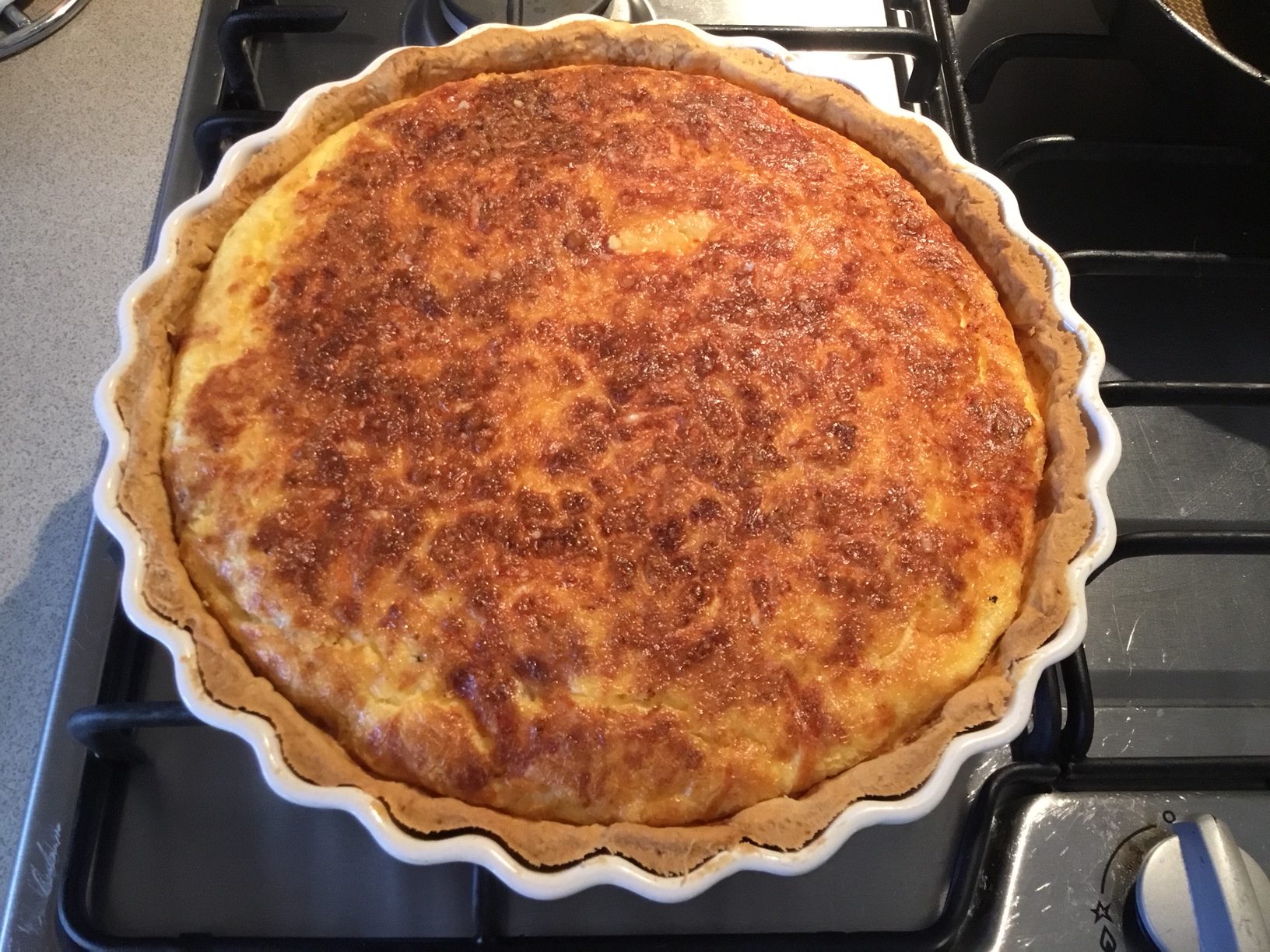
Onion Quiche
1 batch of shortcrust pastry
1 kg onions, thinly sliced
50g butter
1 Tbs olive oil
1 Tbs flour
2 eggs
¾ cup cream
1 tsp salt
¼ tsp nutmeg
Freshly ground black pepper
60g grated cheese, preferably Gruyere or Emmental
Preheat oven to 180°C. Roll out pastry and line quiche dish then bake it blind. To bake blind line the pastry case with a piece of aluminium foil, pressing it down to fit, then tip in something to weigh it down and stop the pastry from rising in the middle. I use dried corn kernels which I keep in a jar and use over and over again. Dried beans or rice will also do the trick.
Bake the quiche shell for 5-10 mins, then remove the foil and corn and bake it for a few more minutes until very pale golden in colour.
Meanwhile for the filling heat butter and oil in a large frying pan, add onions and cook very gently for about 45 minutes, or until tender and pale golden, stirring regularly. Add flour and cook, stirring, for 1-2 minutes, then cool.
In a mixing bowl beat eggs with cream, add the cooled onions, salt, nutmeg and black pepper to taste and pour into pastry case. Can be frozen at this stage.
Sprinkle with grated cheese and bake for 45 minutes or until puffed and golden brown. Serve warm or at room temperature.
Serves 6-8
Cauliflower Cheese and Bacon Quiche
1 batch of shortcrust pastry
1 small cauliflower or half a very big one
1 Tbs olive oil
1 medium onion, finely chopped
100g bacon, chopped
300ml thick cream
3 eggs
180g grated cheddar cheese
Salt and freshly ground black pepper to taste
Preheat oven to 180°C. Roll out pastry and line quiche dish then bake it blind. To bake blind line the pastry case with a piece of aluminium foil, pressing it down to fit, then tip in something to weigh it down and stop the pastry from rising in the middle. I use dried corn kernels which I keep in a jar and use over and over again. Dried beans or rice will also do the trick.
Bake the quiche shell for 5-10 mins, then remove the foil and corn and bake it for a few more minutes until very pale golden in colour. For the filling, cut the cauliflower into large florets and cook in boiling salted water for about 5 mins or until just tender. Drain well. Heat olive oil in a non-stick pan and cook the onion and bacon for 3 mins or until onion is soft and bacon starts to brown. Spread into the partly baked pastry shell and arrange the cauliflower over the top. Beat eggs with cream and season to taste. Pour into the quiche and top with the grated cheese. Bake for 35-45 mins or until nicely browned all over.
Serves 6-8

Tips:
- To avoid ending up with tough pastry don’t over-roll it, treat it gently – not like bread dough – and don’t use too much flour.
- A problem some people encounter with quiche shells is that it looks fine until it’s been baked blind. You take it out of the oven only to find that it has shrunk down at the sides so there’s nowhere to put the filling! The way to avoid this is as follows. When rolling out the pastry to line the quiche dish, make sure you don’t put it in when it’s just been stretched because it will ping back again as it cooks. Lift the pastry each time you’ve rolled it, so it can relax. Make sure the pastry goes right to the edges of the dish, then up the sides, then fold it back down again, so the sides are double thickness. Then go round with fingers and thumb, squeezing the sides so they are not quite so thick, but still slightly thicker than the base. Then go round with a sharp knife and, cutting away from you, cut off the excess pastry. Another way to avoid shrinkage is to put the dish into the fridge for a while after you’ve lined it with pastry. This may sound like a long-winded explanation, but it’s much easier to show someone than to explain in writing.
